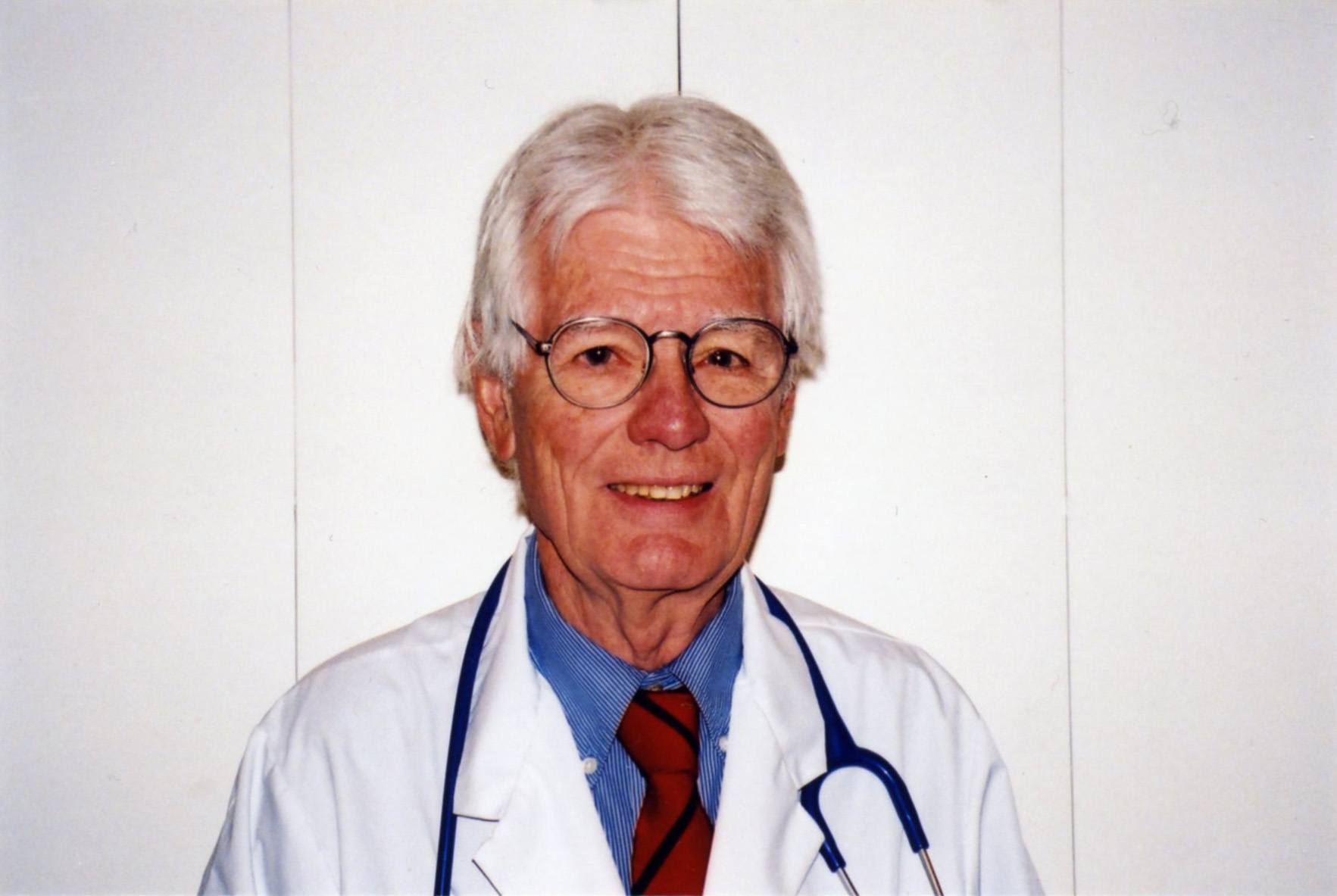What do the Japanese eat for breakfast that could help North Americans?
Every year 7.5 billion packages of Natto are sold in Japan. The government has made it an integral part of the school breakfast program. Natto contains Vitamin K2, a largely unknown vitamin on this continent and it packs a whammy. Studies show that K2 helps to prevent osteoporosis (brittle bones) and cardiovascular disease.
In 1929, Danish scientist Dr. Henrik Dam discovered Vitamin K. Later, Japanese researchers reported that women living in Tokyo, where Natto, a centuries old Japanese food is a popular, had increased bone density. But women living in western Japan where Natto is not popular showed a decline in bone density. Further research determined that Vitamin K2 in Natto was responsible for this benefit.
Today we know that there are two types of K, K1 and K2. Leafy green vegetables are rich in K1 and both play a vital role in blood clotting. But K2 isn’t so easy to obtain in the diet, placing many people at risk for deficiency.
Bone, like other tissue, is constantly changing. Cells called osteoblasts build up bone and osteoclasts break it down. During our youth osteoblasts are dominant, creating strong bone that should last a lifetime. But after age 30 we begin to lose 1% of our bone each year. It’s an appalling situation that by age 70 many people have lost 40% of their bone mass!
Vitamin K2 has been linked to the osteoblast which produces a protein called osteocalcin. This protein plays a major role in calcium metabolism. Osteocalcin is like glue. It incorporates calcium into bone decreasing the risk of osteoporosis and fractures.
Japanese studies show that Vitamin K2 decreases the risk of vertebral fractures by 60% and 80% of hip and non-vertebral fractures. Other studies show that K2 can increase bone density in postmenopausal women.
But Vitamin K2 also fights this nation’s number one killer, cardiovascular disease. It places calcium where it belongs, in bones and teeth, and keeps it out of arteries where it causes trouble.
A lack of Vitamin K2 triggers a number of cardiovascular complications. For instance, the lack of K2 increases the risk that calcium will be deposited in the aorta. This largest artery carries blood to the rest of the body. Calcification of the aorta weakens its wall increasing the risk of rupture and sudden death. A Rotterdam study of 4,600 men aged 55 and older, in Holland, showed that a high intake of Vitamin K2 decreased the risk of aortic calcification by an amazing 52%.
Too much calcium in coronary arteries also leads to heart attack. One study showed that adequate levels of K2 decreased the risk of coronary attack by 41%. Moreover, excessive amounts of calcium make arteries less rubbery. The rigid blood vessel then sets the stage for hypertension, another big killer.
Today’s headlines rarely mention the increasing number of North Americans who are dying of heart failure. Failure isn’t as dramatic as coronary attack, but the end result can be the same. We are all living longer and eventually the heart begins to fail. But it will last longer if calcium is kept in bones and not deposited in heart valves, placing more stress on the heart muscle.
There are some precautions about K2. Don’t take K2 if you’re using blood-thinning medications such as Warfarin, have experienced stroke, cardiac arrest or are prone to blood clotting.
Vitamin K1 is present in leafy vegetables, cheese, olive oil, broccoli, cauliflower green tea and soybeans. Many people are lacking K2 because the major source of K2 comes from steamed and fermented soybeans. No doubt the Japanese like their fermented sticky soy, but it’s not what I would enjoy eating every morning.
Preferred Nutrition’s Vitamin K2 supplement contains 100 micrograms of Vitamin K2 and is available in most health food stores. The dosage is one capsule daily.
Readers often ask questions about cholesterol. What you don’t know about it is on the web site www.docgiff.com. For comments info@docgiff.com



